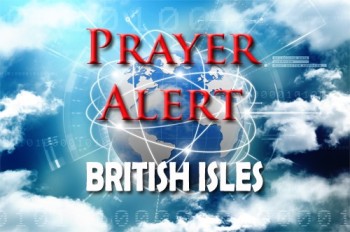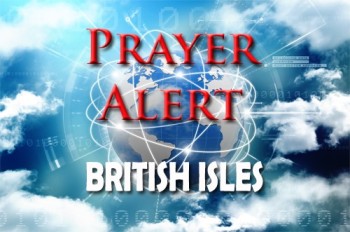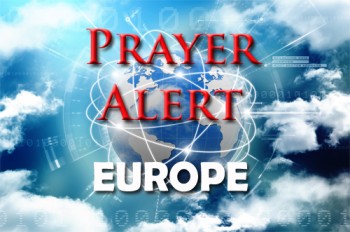Displaying items by tag: Overcrowding
Thousands of prisoners may be released
Keir Starmer has indicated that thousands of prisoners may be released due to severe overcrowding in jails across England and Wales. He criticised the previous Conservative government for their handling of the prison system, which is now almost at full capacity with only 1,400 spaces left out of a total of 88,864. The Ministry of Justice is working on building six new prisons to create 20,000 additional spaces, with 6,000 already completed. However, Starmer’s government is currently reviewing whether to continue this expansion programme. An official announcement regarding the prison crisis is expected soon, highlighting the urgent need to address the issue and find sustainable solutions.
Overcrowded specialist schools
Half of schools for children with special educational needs and disabilities are oversubscribed. Since 2019 children needing specialist education have increased by 1/3rd. Schools have converted portable cabins and even cupboards into teaching spaces due to lack of room, putting pressure on staff and making pupils anxious. Maltby Hilltop School is a specialist school for pupils aged two to 19 with severe learning difficulties and complex needs. Lack of space and overcrowding in the main building meant Cohen's classroom was a portable cabin, with loud floors and thin walls. The 14-year-old is autistic and has PDA, a condition which leads to a rigid need for control when he's anxious. Cohen struggles to manage his condition if he's not in a calm environment and the school simply did not have enough physical space to provide it. He started having panic attacks and hyperventilating, so he had to leave school and miss out on life-learning skills.
Greece: ‘Two different hells’
Arash Hampay arrived in Greece in 2016, escaping persecution in Iran and crossing the Aegean Sea from the Turkish coast. After spending 18 months on the island of Lesbos, he now lives in Athens, where he works with homeless asylum-seekers. ‘It is two different hells’, Hampay, now a registered refugee and activist, said, referring to the struggles people face in both places. Greece promised to move 20,000 asylum seekers from overcrowded island reception centres to the mainland by early 2020, following a surge in refugee arrivals this summer. Since October 9,500 asylum-seekers have been moved, sparking anti-refugee protests in affected areas. Meanwhile, some 17,500 people have arrived from Turkey, and overcrowding is now worse on the islands, where 38,800 asylum seekers now reside.
Greece to ease overcrowding in island camps
Greece’s parliament passed a bill on 15 May aimed at making asylum procedures simpler and faster and easing overcrowding in its refugee camps. Five camps on islands close to the Turkish coast hold more than double their capacity, and have been mired in violence over living conditions and delays in asylum claims that often take months to process. Human rights groups and the European Commission, which has offered Greece millions of euros in emergency aid, have criticised the government for not doing enough to manage the situation. Migration minister Dimitris Vitsas acknowledged that the bill ‘will not magically solve the refugee and migration issue’, but said the government wanted to reduce the wait for thousands of asylum seekers. Human rights groups criticised the bill, which foresees a shortened appeals procedure for rejected asylum seekers, saying it would lead to slapdash procedures violating refugees’ rights.
Romania: protests over freeing corrupt officials
Romania's new leadership is facing growing pressure after some 200,000 people took to the streets on Wednesday, over a government decree to free dozens of officials jailed for corruption. The president said he would challenge it in court, while the business minister has resigned over the measure. The justice minister, who introduced the decree, has temporarily stood down. The protest march in Bucharest ended in clashes between alleged football hooligans and the police, leaving eight wounded. The leftist government, led by prime minister Sorin Grindeanu, returned to power last month after protests forced the previous leaders from power in October 2015. The emergency decree, which comes into effect in ten days, decriminalises several offences and makes abuse of power punishable by incarceration only if the sums involved are more than €44,000 (£38,000). The new government says the decree is needed to ease overcrowding in prisons, but Mr Grindeanu's critics say he is trying to release allies convicted of corruption.




